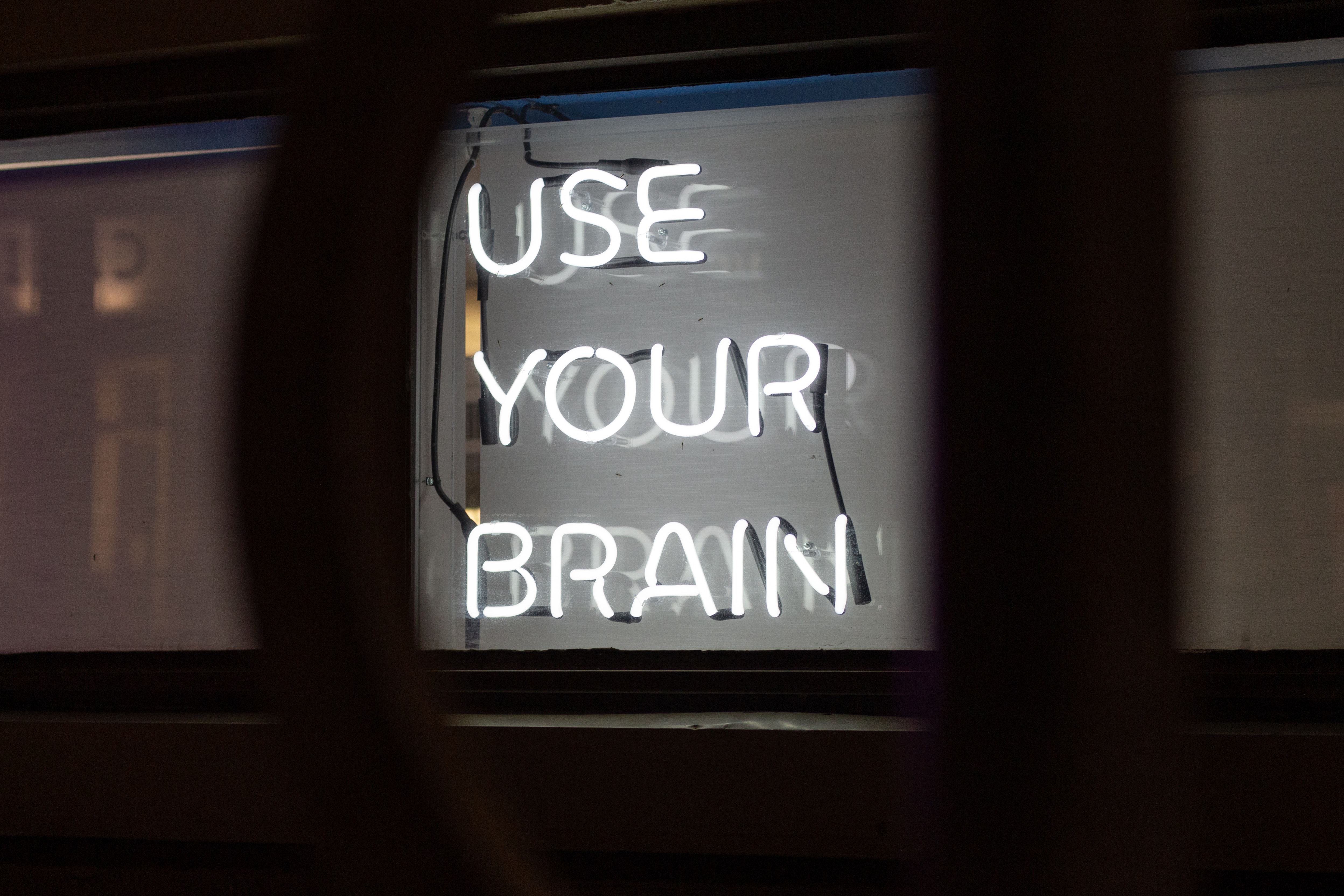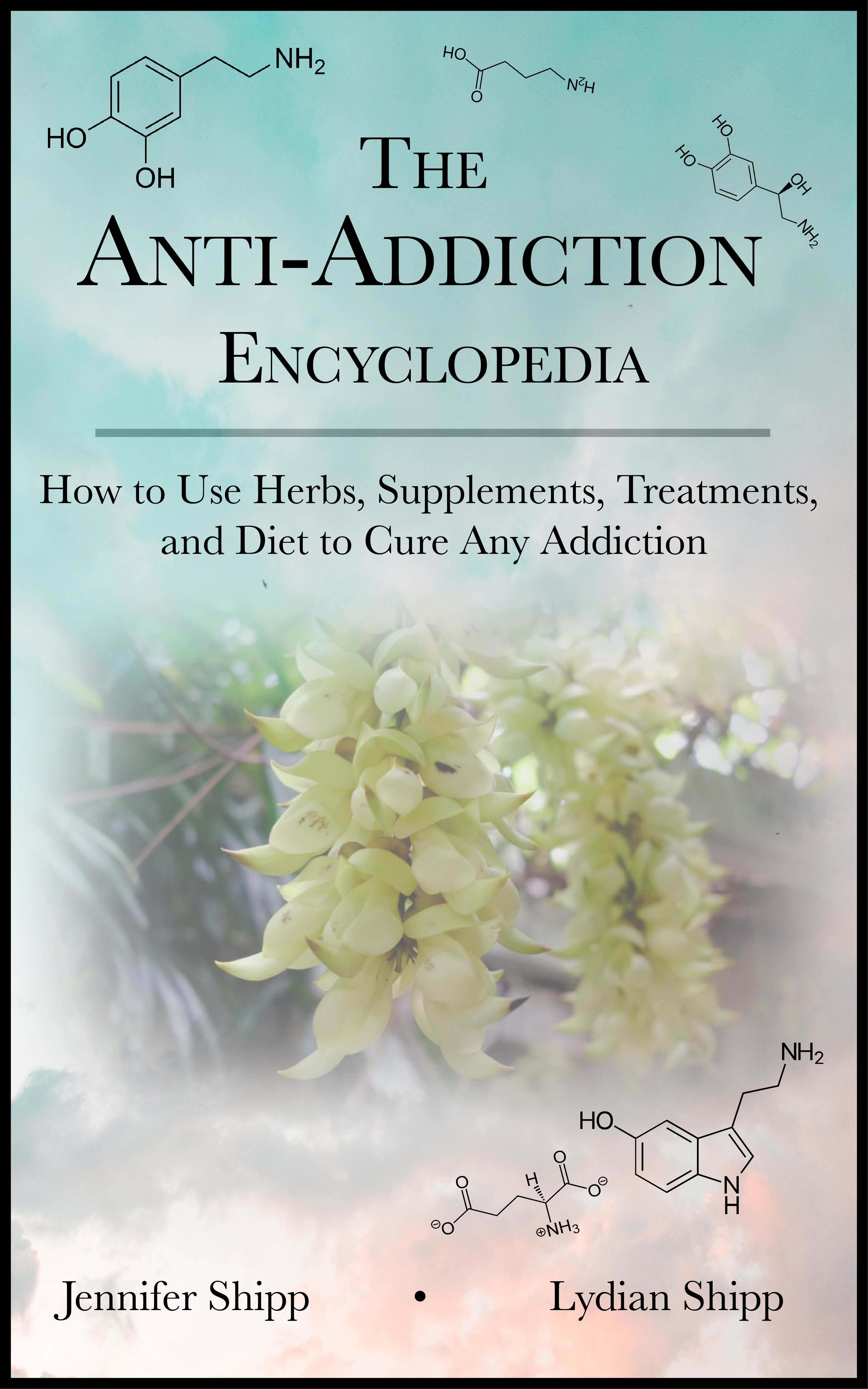 Can you overcome addiction on your own?
Can you overcome addiction on your own?
Without the proper amino acid supplements, your body can’t make the neurotransmitters that will make your brain strong enough to conquer an addiction. Having the right neurotransmitters available in the brain can make quitting an addiction much easier.
In this post, you’ll learn:
- how long it will take for the supplements, vitamins, and minerals to start working.
- how to self-diagnose your neurotransmitter deficiencies so you can treat yourself for deficiencies at home using aminos and plant medicines.
How long does it take for the amino acids and nutrient supplements to work?
You’ll notice the effects of taking amino acid supplements within 4 to 12 hours, but their effects will be cumulative over time. In other words, expect to feel noticeable anti-addiction effects within at least 24 hours after you begin the protocol, but these effects will get stronger over time as your brain heals.After 5 months of taking these supplements at the recommended dosage, your brain will be fully healed. The dopamine receptors will repopulate the synapses and you will start to notice your sense of humor coming back along with the feeling that you’re fully in control of your life again.
Neurotransmitters That Play a Role in Addiction
Dopamine
Dopamine is the neurotransmitter that motivates us to take action. It is released in anticipation of performing certain behaviors that make us feel pleasure or in anticipation of pleasurable events. Normally, when our bodies have the nutritional precursors and amino acids to produce adequate levels of dopamine, we feel motivated to do normal things in a normal way. We seek out food when we’re hungry and we seek out human interaction when we’re lonely, etc. But when our bodies can’t produce enough dopamine, our behaviors change and we become more prone to addiction and compulsive behaviors. We do things that would normally cause dopamine to be released in the brain and we may perform these behaviors obsessively and only get the dopamine release occasionally or in very small amounts due to a lack of the essential building blocks needed in the brain to manufacture dopamine and then release it in normal quantities in response to normal human activities.Ironically, dopamine can also teach us NOT to perform behaviors compulsively. Having too little dopamine in the brain can lead to addictive behaviors because dopamine acts a little like a type of fuel that gives you the ability to notice your own behaviors and control yourself when certain behaviors are counterproductive in your life.
Serotonin
Serotonin levels play a role in addiction too, but their role is different than that of dopamine. Having balanced serotonin levels in the brain and gut helps people feel okay with the world. Not having enough serotonin in the brain can lead to depression, anxiety, or insomnia.Often, addictive behaviors are related to depression and in some cases are almost exclusively motivated by an underlying feeling of depression.
Norepinephrine
Norepinephrine was studied by scientists in the 1960’s and the 1970’s in terms of its role in addiction, but dopamine research eventually came to the forefront and norepinephrine research went to the wayside. Today, scientists are looking more closely at the role of norepinephrine in addiction and, in particular, the interplay of norepinephrine and dopamine in addictive processes. The anti-addiction supplements that we recommend help the brain build not only dopamine, but also norepinephrine, and serotonin in the brain.Glutamate
Glutamate is the most abundant neurotransmitter in the body. Glutamate makes the brain more plastic---more capable of changing and growing. It helps you learn, remember, and think. Neurons must have a constant supply of glutamate to stay alive.While glutamate is the main excitatory neurotransmitter, GABA (we discuss GABA below), is the main inhibitory neurotransmitter. Glutamate can be converted into GABA as needed.
GABA
GABA is the main inhibitory neurotransmitter. It helps the brain and body relax.GABA and glutamate work together. Glutamate can be converted into GABA and vice versa.
Self-Diagnosing Neurotransmitter Deficiencies:
If you are addicted to something, your dopamine levels are probably quite low. But you will need to self-diagnose the other neurotransmitter deficiencies (serotonin deficiency, norepinephrine deficiency, glutamate deficiency, etc.) that are affecting your ability to overcome addiction as well. Some people who are struggling with addiction are primarily low on dopamine, but other people are low or imbalanced in regard to other neurotransmitters as well.As you use the anti-addiction amino acid and nutrient supplements recommended at this site to overcome your addiction, you will be able to self-diagnose your own neurotransmitter deficiencies more easily. Below are symptoms of addiction-related neurotransmitter imbalances:
Symptoms of Dopamine Deficiency
- Depression
- Inability to concentrate (e.g. symptoms of ADHD)
- Low motivation
- Restless Legs Syndrome
- Feelings of desperation
- Tremors or shaking hands
- Lack of coordination or changes in coordination
- Lack of parental feelings (feelings of apathy toward loved ones)
- Low sex drive
- Dementia symptoms (difficulty managing everyday tasks and solving simple problems)
- Working memory issues (like having trouble remembering the first part of a sentence a person has just spoken)
- Lack of pleasurable feelings from activities you once enjoyed
- Symptoms of schizophrenia including hearing voices and believing in things that can’t be true
- Lack of exploratory behavior
Symptoms of Norepinephrine Deficiency
Though scientific research has focused mostly on the role of dopamine in addiction, norepinephrine is another major player. In fact, norepinephrine and dopamine often work together in important ways to maintain or to overcome addictive processes.- Depression.
- Anxiety
- Fibromyalgia symptoms (aching joints)
- Low blood sugar symptoms
- Migraines
- Restless Legs Syndrome
- Sleep problems
Symptoms of Serotonin Deficiency
Serotonin levels play a role in addiction, but its role is different than that of dopamine. Having balanced serotonin levels in the brain and gut helps people feel okay with the world. Not having enough serotonin in the brain can lead to irritability, depression, anxiety, or insomnia. Many people find that taking 5-HTP is a better way to restore serotonin levels to the brain than taking a prescription anti-depressant (never take 5-HTP within 7 days of taking prescription anti-depressant medication).Often, addictive behaviors are related to depression and in some cases are almost exclusively motivated by underlying, untreated depression caused by low serotonin levels.
- Irritability
- Sensitivity to noise
- Aggressive behaviors
- Depression
- Anxiety
- Impulsivity
- Low self-esteem
- Appetite disturbance (Poor appetite OR Overeating)
- Sleep disturbance (Insomnia OR Hypersomnia)
Glutamate System Dysfunction
If you have too much or too little glutamate in the brain, you may experience any of the following symptoms:- Dementia symptoms (like those resembling Alzheimer’s Disease, Amyotrophic Lateral Sclerosis, etc.)
- Anxiety
- Autism symptoms
- Bipolar symptoms
- Chronic Fatigue Syndrome symptoms
- Depression
- Epilepsy symptoms (seizure disorder symptoms)
- Fibromyalgia symptoms
- Huntington’s Disease
- Migraines
- Multiple Sclerosis symptoms
- Obsessive-Compulsive Disorder symptoms
- Parkinson’s Disease
- Post-Traumatic Stress Disorder
- Psychosis
- Restless Leg Syndrome
- Schizophrenia
- Stroke
- Traumatic Brain Injury symptoms
GABA Deficiency
GABA and Glutamate are related. The body converts Glutamate to GABA and vice versa as needed. While Glutamate stimulates the nervous system, GABA calms it down.- Feeling anxious
- Feeling overstimulated
- Feeling overwhelmed
 Related Posts:
Related Posts:


















